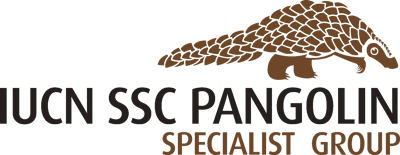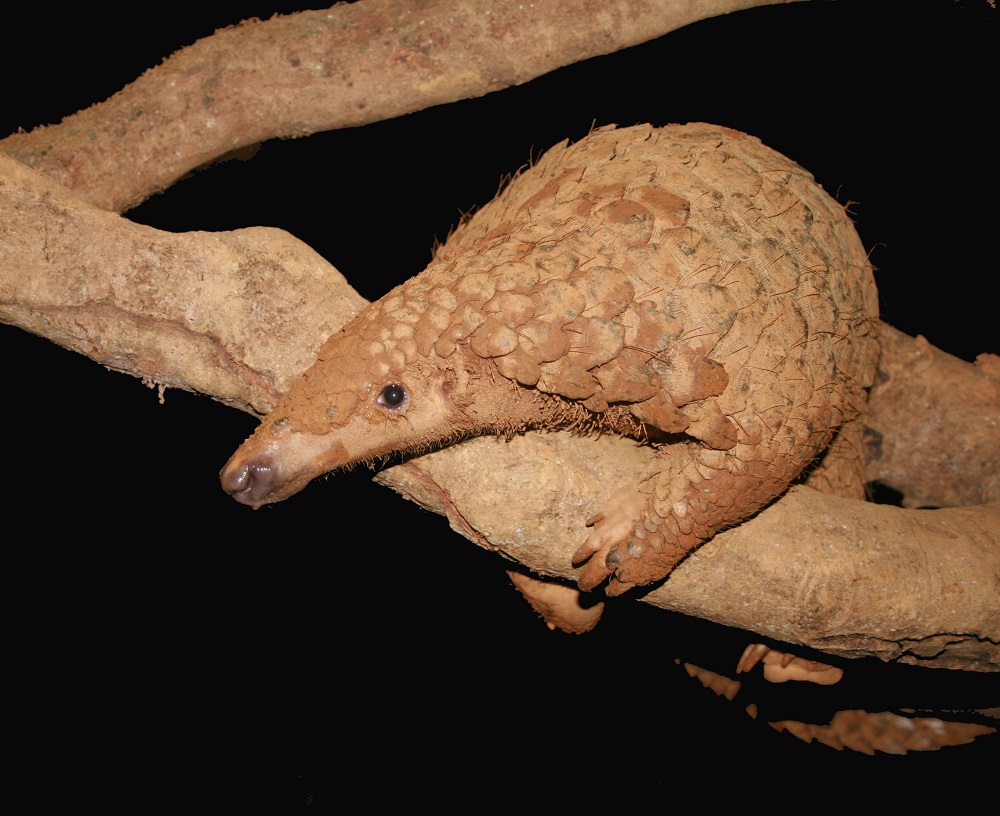On 24-26th June, the First Pangolin Range States meeting was held in Da Nang, Vietnam, and members of the IUCN SSC Pangolin Specialist Group (PangolinSG) played a key role in this meeting. Organised by the US and Vietnamese governments and NGO sponsors including IFAW, Humane Society International (HSI), Natural Resources Defence Council and the Freeland Foundation, the purpose of the meeting was to foster collaboration between Pangolin Range States, consuming countries, and stakeholders, in order to discuss the latest information on pangolin status and trade and develop a series of actions to protect pangolins against overexploitation as a result of international trade.

PangolinSG members at the First Pangolin Range States meeting: Top (L-R) Jeff Flocken, Nguyen Van Thai, Dan Challender, Heidi Quine (Save Vietnam’s Wildlife), Darren Pietersen, Carly Waterman; bottom (L-R) Leanne Wicker, Madhu Rao (IUCN/WCS), Lisa Hywood and Levita Lagrada.
The PangolinSG was represented by eight members (Dan Challender, Jeff Flocken, Lisa Hywood, Levita Lagrada, Darren Pietersen, Scott Roberton, Nguyen Van Thai, Carly Waterman and Leanne Wicker) each of which played a pivotal role in the three day meeting. On the first day of the meeting, a series of presentations were delivered and three of the six technical presentations came from PangolinSG members who shared their expertise with delegates. This included PangolinSG Co-Chair, Dan Challender and Red List Authority Focal Point, Carly Waterman who presented on the global conservation status of pangolins following recent assessments of the global status of each pangolin species for the IUCN Red List of Threatened SpeciesTM. It also involved Dan Challender presenting on international and domestic trade in pangolins and their derivatives and a presentation on pangolin captivity issues delivered by Nguyen Van Thai, Leanne Wicker, Lisa Hywood, and Frank Kohn of the US Fish and Wildlife Service.
All members then actively engaged in working groups formed on the second day, and which were asked to make specific recommendations on the conservation, status and monitoring of pangolins, the management and implementation of existing laws, regulations and policies (include legal harvest and trade and captive stock), and enforcement and compliance (including illegal harvest and trade and cross-border laundering). The PangolinSG action plan ‘Scaling up Pangolin Conservation’, which was released last year, was a crucial document to inform working group discussions. On the third day all delegates had the opportunity to review recommendations from their working group before providing feedback to a plenary session on the recommendations from the meeting.
In addition, the PangolinSG was also asked specifically to help Pangolin range states in their efforts to conserve and manage pangolin populations by undertaking three initiatives. These include (1) mapping the legal protection afforded to pangolins across range states in Africa and Asia, along with the distribution of each species and legal and illegal trade routes, (2) developing husbandry guidelines for maintaining pangolins in captivity, and (3) developing methodologies with which to accurately and reliably census pangolin populations, and members of the PangolinSG are already working on these important initiatives.
The full set of recommendations from this first of its kind meeting will be published in due course, and should help guide the conservation of pangolins. Dan Challender, Co-Chair of the PangolinSG said “this was an important meeting and bringing together pangolin range state delegates and relevant pangolin experts should help in fostering international collaborations to the benefit of pangolin conservation. In 2014, the PangolinSG published its ‘Scaling up Pangolin Conservation’ action plan, and the recommendations from this meeting have the potential to complement these actions and help deliver pangolin conservation globally.”




